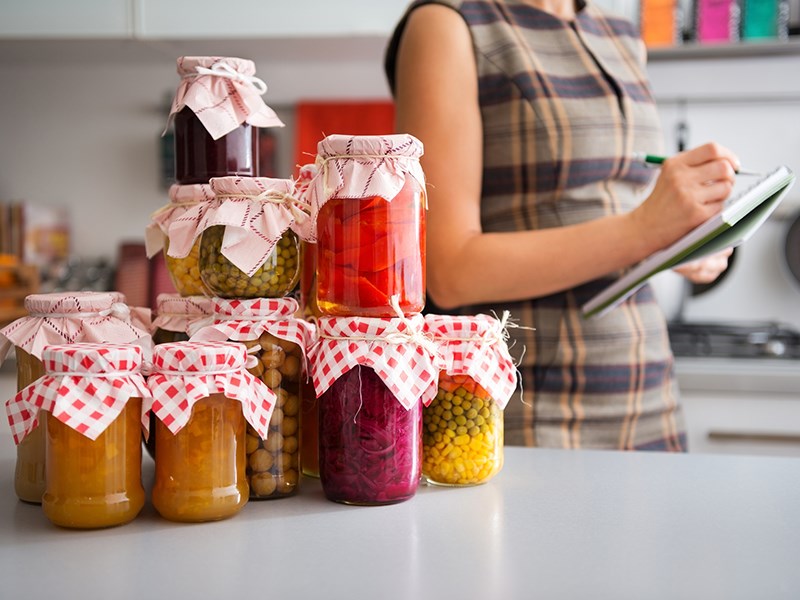All around us we see decay: in the leaves falling to the damp earth, the blooms of summer composting in gardens, and even in already sagging Halloween pumpkin lids.
Hopefully, your fridge is not a place you are witnessing rot, although that would make you the exception to the rule.
In Canada, a staggering 40 per cent of food grown for human consumption is wasted, and half of that food waste happens in our homes, costing the average household $1,100 a year.
We’ve all forgotten leftovers kicked to the back of the fridge, tossed well-intentioned greens to wither in a drawer, and thrown out perfectly good sauce past its best-before-date, so here are some great tips to avoid these rotten problems.
In short, plan meals out, use food up and keep it fresh.
Shopping hungry can often result in haphazard, craving-based purchases, and maybe even bringing home more food than you can properly store. Halloween candy may prove very tempting on an empty stomach.
Do some basic meal planning before you head out, then scan your fridge, have a snack and leave the house with a list. Changing to the habit of buying your fresh produce in smaller amounts but more frequently may also reduce food spoilage.
When you do find you have excess, think creative leftovers, like a harvest soup, mystery pizza, cheesy casserole and stir fry. Keeping one shelf in the fridge as an “eat me first” zone will also help encourage integrating leftovers into fresh meals. Alternatively, freezing items that won’t get used soon may be a great way to avoid the compost bucket.
If you are still faced with an abundant harvest from your garden or trees, it is not too late to get canning or fermenting. Transform cabbage into sauerkraut, pickle that squash, or get some pear wine on the go. Chutneys and crumbles are great go-to’s for your apple and berry bounty, and they will be well-received at dinner parties this winter.
Learn how to best store fresh produce you bring into your home. There are great resources for simple fridge and freezer guidelines for many of the basics (check out LoveFoodHateWaste.ca). Many greens, for instance, are much happier stored upright in a small mason jar with some water rather than exposed in a drawer.
If your seasonal pumpkins are past edible for people, they still may be fine for animal feed. The annual pumpkin collection is happening on Saturday, November 2,at Town Centre Recycling Depot in Powell River. Pumpkins will go to a local farmers’ animals, so be sure to remove wax, toothpicks and any non-food parts before donating.
Lastly, throwing spoiled food in the trash can is the most wasteful of all practices. When food is no longer suitable for people or animals, there are still microorganisms in the soil hungry for nutrients provided by your table scraps and the like.
Free compost drop-off is available at Town Centre Recycling Depot six days a week, so there is always that option as a last resort.
Let’s Talk Trash is qathet Regional District’s waste-reduction education program.



